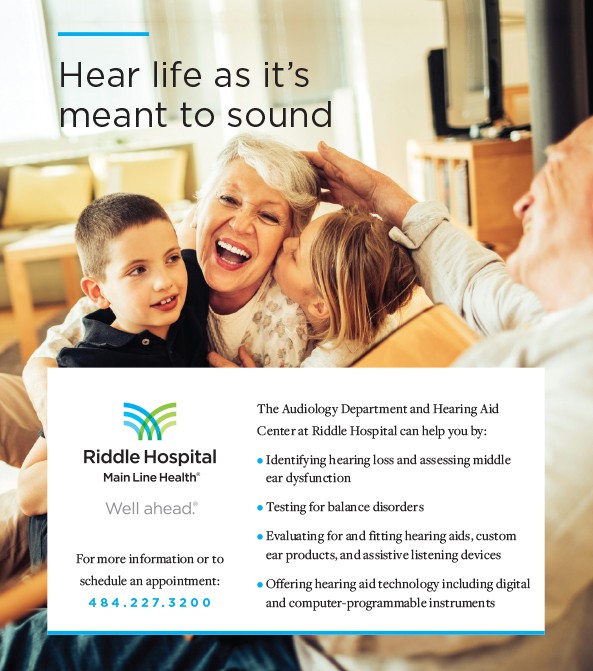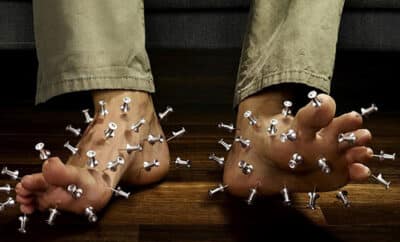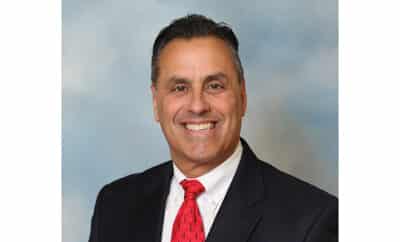Hearing Aid Technology: What’s New?
By Jessica M. Bell, Au.D.
Like any other technology, hearing aid technology is ever changing. Whether the change has to do with the size or style of the device or the way the hearing aid processes sound, the hearing aid manufacturers are working diligently to make adjustments to the devices that meet the needs of their consumers. The manufacturers frequently conduct surveys to see what type of improvements patients are looking for when it comes to hearing aid technology.
Recently, there have been two exciting new developments in hearing aid technology. The first development is that an increasing number of hearing aid manufacturers have developed their hearing aids with iPhone/Bluetooth connectivity. Having direct connectivity to your cell phone can allow for hands free communication. The second development is that some manufacturers now offer hassle-free rechargeable battery options which means the hearing aid wearer no longer needs to fumble with disposable batteries. Let’s talk more in depth . . .
Bluetooth Connectivity
Previously, an intermediary device, which was purchased through the hearing aid manufacturer, was required to be worn by the hearing aid wearer in order to establish a connection between a streaming device (i.e. cell phone, TV, etc.) and hearing instruments. Bluetooth technology has now made it possible to stream sounds from different devices including cell phones, TVs and now hearing aids! Most of the major manufacturers have established a direct connection between the hearing instruments and iPhone using Bluetooth technology. One manufacturer in particular has established a direct connection between the hearing instruments and ANY phone (yes, even flip phones!) thanks to Bluetooth technology.
Having direct access to stream phone calls, music and audiobooks from your phone or tablet allows for improved sound quality and clarity because the sound is traveling directly from the device into your ears. Having direct-to-phone capability via Bluetooth also allows for the hearing aid wearer to have more flexibility for volume control and programs through a remote control app on their smart phone.
Rechargeable Hearing Aids
If you are an experienced hearing aid wearer or know someone who has been using hearing aids, you are all too familiar with the disposable batteries that are required to power the hearing aids. Disposable batteries come in four different sizes that can be purchased at a variety of different locations. Depending on battery size, disposable batteries will last between 3 and 10 days before the hearing aids alert the user that they are ready to be changed. The smaller the battery and the harder the hearing aids have to work due to streaming and noisy environments, the shorter the battery life. For some, changing the small battery is not a concern; however, others who have poor finger dexterity, neuropathy of their hands or vision problems may find that changing the small battery is a constant challenge for them.
Rechargeable hearing aids now offer a new convenience to patients who do not wish to or cannot change their batteries frequently. The rechargeable hearing aids use a lithium ion battery which is placed in the hearing aid by the manufacturer. The rechargeable battery requires 3-4 hours of charging time to take a “dead” hearing aid to full battery life. Once the battery has been completely charged, the patient is able to wear the hearing instrument up to 24 hours without additional charge. Typically, the user will place the hearing aids into the charger overnight and when they are ready to put their hearing aids on in the morning, the hearing aids are fully charged and are ready for the day.
The Riddle Difference:
The audiologists at Riddle Hospital are excited to share the new and exciting features that are available for your hearing devices. Through a comprehensive listening needs assessment and live hearing aid demonstration, you and your audiologist will be able to choose the device and technology options that best meet your individual needs!
Catherine M. Marino, Au.D., Doctor of Audiology/Director
Jessica M. Bell, Au.D., Doctor of Audiology
Denise E. Stewart, M.S., Clinical Audiologist
Lisa C. Mackenzie, M.S., Clinical Audiologist
For an appointment with a Riddle Hospital audiologist, call 484.227.3200 or visit






